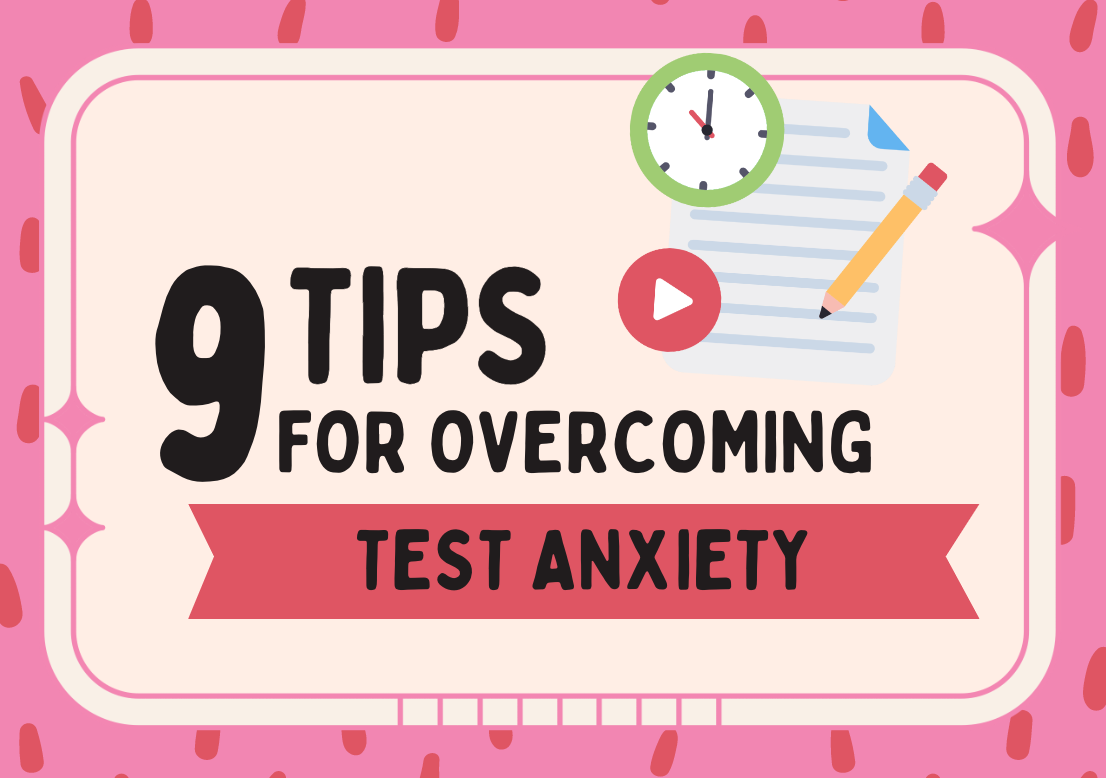Test anxiety is a common experience for many students. It can lead to feelings of stress and unease before, during, and after tests. One study confirmed test anxiety is a real problem, affecting 25% to 40% of U.S. students. I remember feeling anxious and my stomach turning before I sat down to take a test. Little did I know then that there are ways to overcome test anxiety. Let’s look at a few tips.
1. Be Prepared
One of the best ways to reduce test anxiety is to be well-prepared for the exam. This means studying regularly and not cramming all the information the night before the exam. Therefore, make sure you prepare well in advance.
2. Get Enough Sleep
Lack of sleep can cause stress and anxiety. Therefore, it’s essential to get enough rest in the days leading up to and the night before the exam. Aim for at least 7-8 hours of sleep.

3. Eat Well
Make sure to eat a nutritious meal before the test. You could even pack smart snacks for ongoing energy. Look for foods that offer a lot of nutrients rather than a sugar high.
4. Be on Time
Get to class on time. Feeling rushed will only cause more anxiety. Pack everything you need for the exam the night before and set an alarm so you can get out the door on time.
5. Practice Deep Breathing
Deep breathing is a great technique for reducing stress and anxiety. Deep breathing can slow down a beating heart rate or a racing mind. The very act of concentrating on breathing and thinking can biometrically alter those anxious feelings. Take slow, deep breaths and focus on exhaling slowly to calm your mind and body before you begin the test.
6. Stay Positive
Positive self-talk can be a powerful tool in reducing test anxiety. Encourage yourself with positive thoughts and remind yourself of past successes. You could come up with a morale-boosting mantra like “I can do this” or “I worked hard and deserve this.” Recite your mantra before the test begins.
7. Read Carefully
Read the directions on the test thoroughly. In addition, read all the answers before making a choice. There is nothing worse than putting time into a question and realizing you are off-target. Slowing down can help you stay focused.
8. Stay Focused
Don’t pay attention to what other students are doing. It doesn’t matter. Pay attention to your own test. Forget about the other students in the room. If you can, choose your seat wisely, and if sound bothers you, noise-canceling headphones can be a great option.
9. Talk to Someone
Talking to a friend or family member can help you feel more relaxed and calmer. Teachers and counselors are there to support you as well. Share your concerns and let them offer you some support and encouragement. Sometimes, when we speak our worry, it loses its power.
Remember, it’s normal to feel nervous before a test, but with these suggestions, you can reduce stress levels and do your best.

